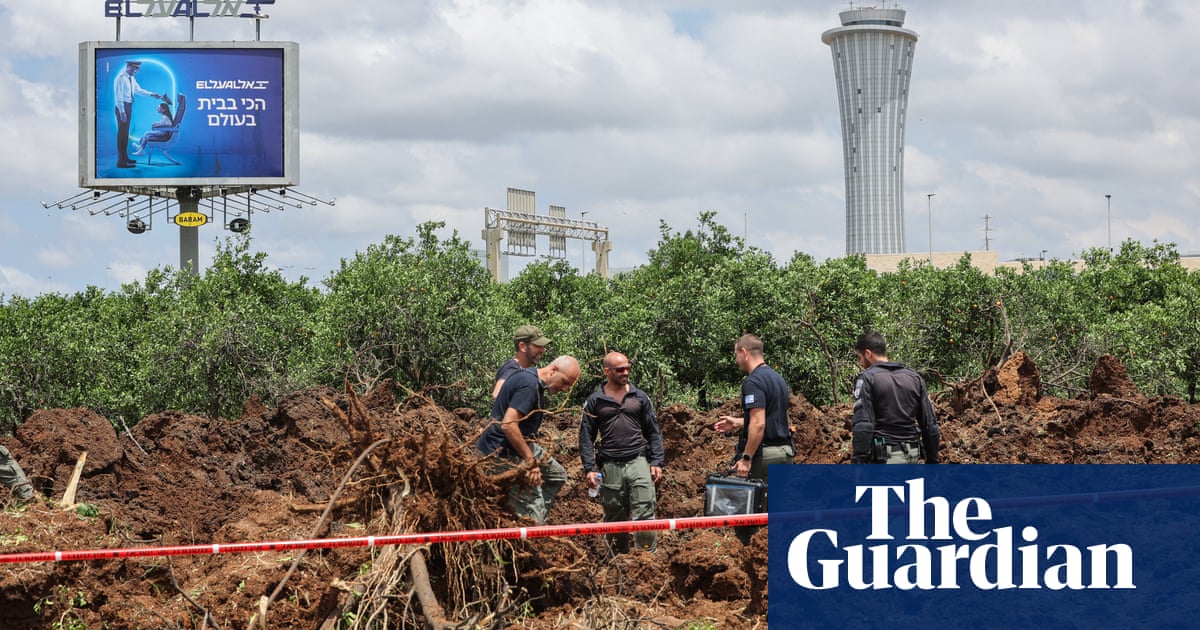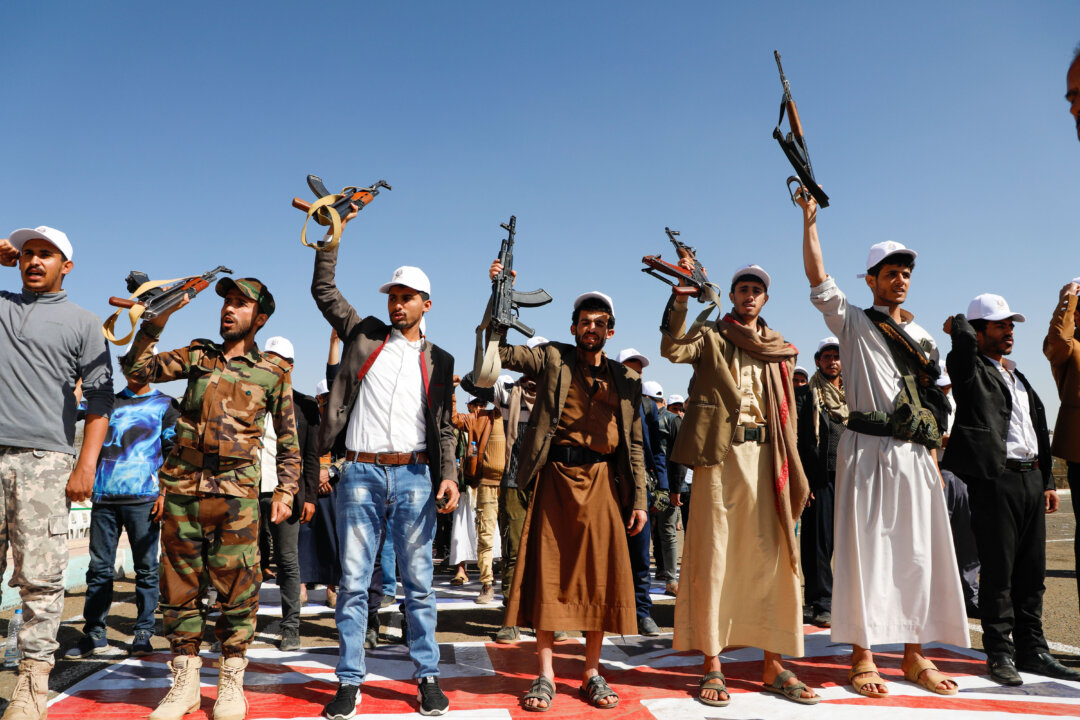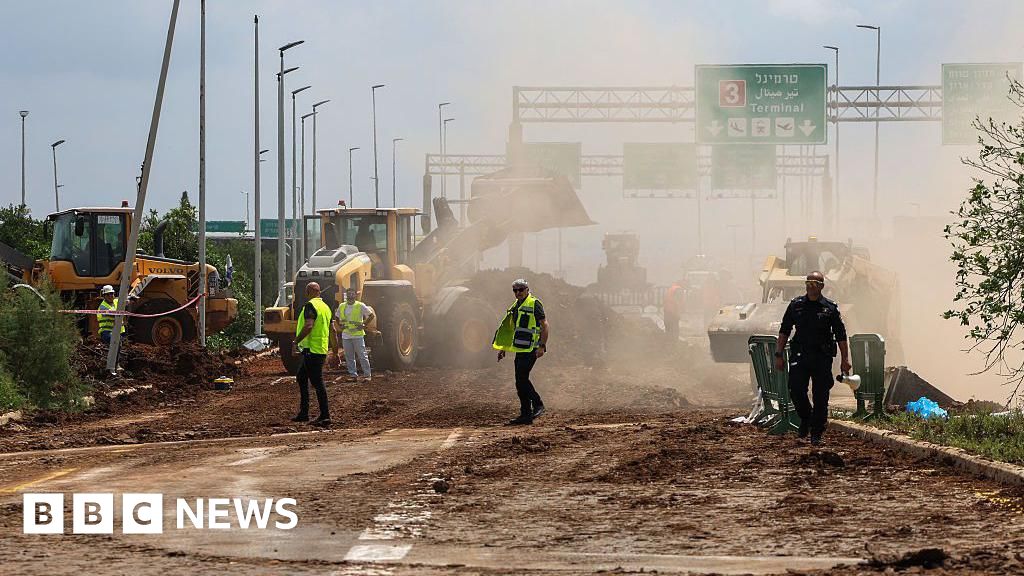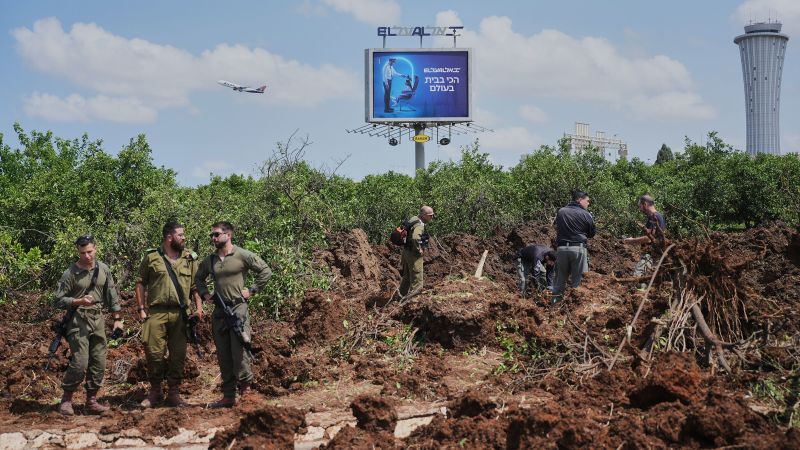Iran Warns of Retaliation as Houthi Attacks Escalate Near Israeli Airport
Iran's Defense Minister warns of targeting US and Israeli interests in response to Houthi missile strike near Ben Gurion Airport.
Overview
On May 4, Iranian-backed Houthi rebels launched a missile that struck near Ben Gurion International Airport, causing injuries and disruption. Following this incident, Israeli Prime Minister Netanyahu vowed retaliation against Iran, asserting that Houthi attacks originate from Iranian support. In response, Iran’s Defense Minister, Aziz Nasirzadeh, warned that any attacks by the U.S. or Israel would prompt retaliation against their interests. This missile strike marks a concerning escalation, with Israel mobilizing tens of thousands of reservists and preparing to expand military actions in Gaza amid rising tensions and humanitarian crises.
Content generated by AI—learn more or report issue.

Get both sides in 5 minutes with our daily newsletter.
Analysis
Analysis unavailable for this viewpoint.
Articles (12)
Center (2)
FAQ
While the article asserts Israeli claims of Iranian support, none of the cited sources explicitly detail specific evidence provided by Israel. Publicly available reports emphasize Iran's long-standing backing of Houthi missile capabilities without specifying intelligence details regarding this particular attack[2][4][5].
The U.S. has conducted airstrikes against Houthi targets since March 15, deploying at least two aircraft carriers in the region, though Israel has largely relied on interceptors rather than direct military retaliation[2][4].
The summary references rising tensions and humanitarian crises, though specifics are not detailed in the provided sources. Historically, military escalations in Gaza have involved civilian displacement and infrastructure damage, but current operational details are unspecified[4][5].
The attack caused temporary flight cancellations, suspended train services, and closed access roads due to debris. Air India, Delta, and United Airlines suspended flights, with some cancellations extending through the week[3][4][5].
Over the past decade, Houthis transformed from a Yemeni rebel group into a regional threat with Iranian-backed long-range missile capabilities, enabling strikes over 1,000 miles into Israel despite U.S. and Saudi efforts to contain them[2][4].
History
- 2M

 3 articles
3 articles
- 2M

 5 articles
5 articles






